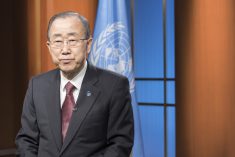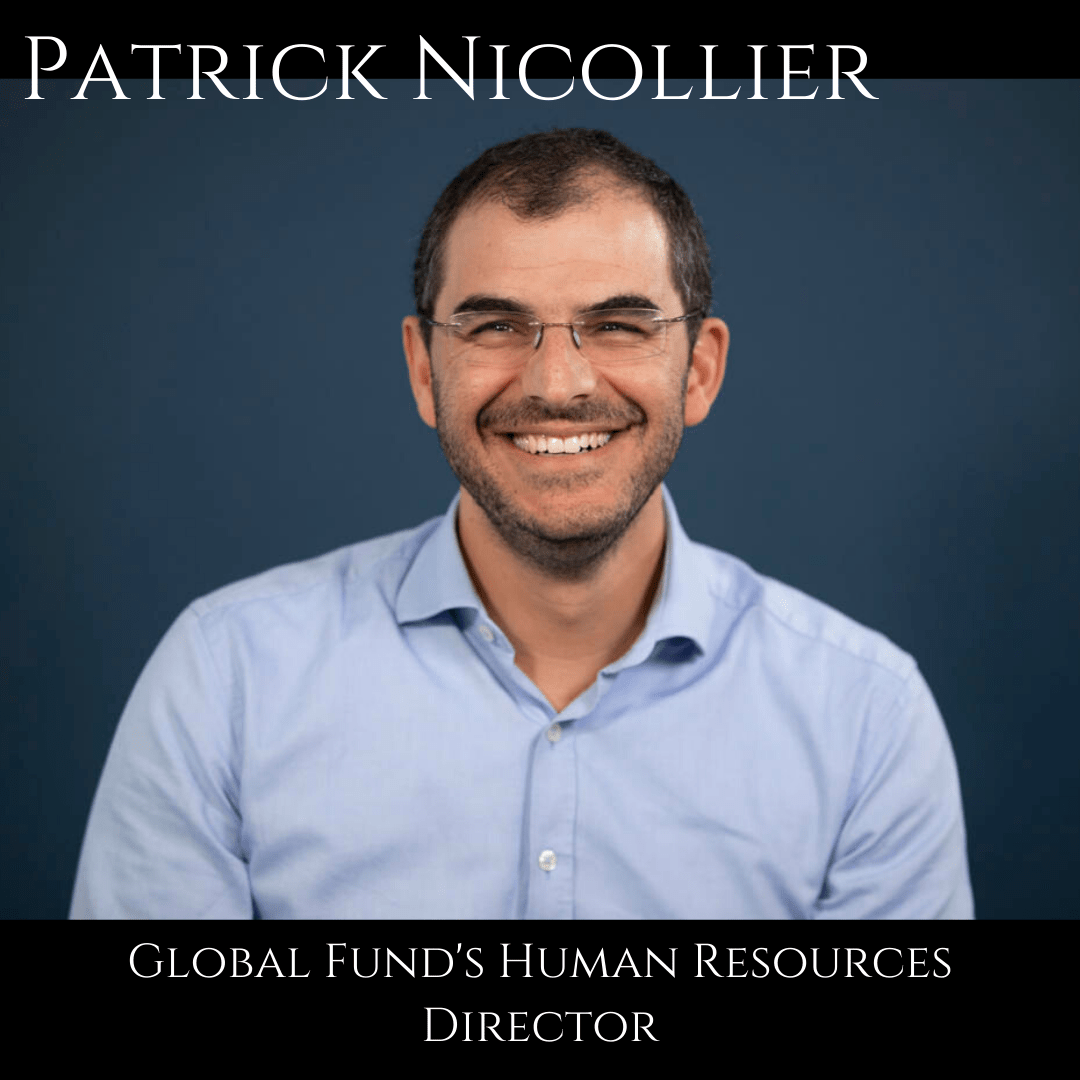Spreading conflict and terrorism, vast migratory and refugee flows, and a real threat of planetary destruction brought about by climate change - all underpinned by new communication and interaction structures which change shape faster than we can get used to them. The global institutions and leaders who are meant to protect the world are struggling, none more so that the UN and its soon to be re-elected Secretary-General (see here for the first part of this feature).

On paper, and organisation like the UN should be the perfect place to tackle these issues. But the peculiarities of politics in 2016 dictate otherwise: the increasingly cross-border nature of these challenges are being met not with more support for global institutions, but with more nationalism, more fragmentation, and more populism. In the US, Donald Trump repeatedly engages in nativist rhetoric about borders and bringing jobs home. Hillary Clinton, the putatively ‘internationalist’ candidate, has been dragged in a similar direction: she recently announced her opposition to the large free trade pact which was a key rock of the Obama presidency, the Trans-Pacific Partnership. Brexit was built on sentiments of inward-looking nationalism rather than global-minded partnership.
In this context, official job descriptions go out the window. Events change rapidly, but unwieldy bureaucracies do not, and in its struggles to keep up with successions of crises and new methods of communication, the UN has been bypassed from both ends of the spectrum: by large states banding together to make executive decisions in the G20 or G7, or by bottom-up citizen or business initiatives taking matters into their own hands.
The new UN Secretary-General (UNSG) will have to find a niche in what geopolitical guru Ian Bremmer calls a ‘G-Zero World’, where no one state or institution is able to lead strongly. No mean feat, especially for an organization whose actions mainly depend on the changeable moods of the very member states which comprise it. With limited executive clout, the UNSG must rely on the symbolic nature of the role to shape a new narrative for the body rather than vainly beat his head against the brutish international system. What kind of person is best suited to do this?
CEO of the world
Speaking last year, the chief of the UN Office in Geneva, Michael Møller, proposed a radical alternative: why not opt for a candidate from the private sector? ‘I don’t see any reason why the circle of people destined for this position should be restricted to politicians or diplomats’, he said. ‘Bosses of big companies have as much if not more international experience, and much more administrative and management experience, than many of the candidates of the last decades.’ For him, and for some others, the continuity of appointing former foreign ministers or high-level administrators is simply more of the same in changing world: not enough.
This also reflects a broader move by the UN in recent years to include the private-sector (as well its alter-globalized counterpart, civil society) in its initiatives. The Sustainable Development Goals, for example, launched to grand pomp last year, are full of incentives and involvement of business. A CEO for the UN, however, is not going to happen anytime soon: just two of the current crop of candidates - Vuk Jeremić and Susana Malcorra - have significant private sector experience. Besides, if applying overhauling strategies of disruptive innovation is still in vogue in the corporate world, it is less sure that this would work in a labyrinthine organization which has always depended on delicate diplomacy for its survival.
A reluctance to overly shake up the status quo also precludes the appointment of a big, household name. In the same interview, Mr Møller included Angela Merkel’s name: the German chancellor is one of the most competent and strong leaders of the past decade and would theoretically catapult the figure of the UNSG into the public consciousness much more than a lesser-known diplomat. But even if someone of her stature was accepted by a Security Council wary of its own power balances, whether such a figurehead would end up hamstrung by the webs of administrative fiefdoms beneath her is another matter. One option to help this, according to Volker Lehmann of the Friedrich Ebert Stiftung in New York, might be the introduction of a new under-secretary to take care of the bureaucracy, freeing up the UNSG for a more globetrotting political role.
In the absence of this happening anytime soon, however, the ability to be a super-administrator will also remain a key quality. The UN bureaucracy and staff appreciate this, traditionally favouring an ‘insider’ who can get to grips with the job straight away rather than spend too long navigating the steep learning curve. This is reflected in the candidates themselves: many, including Guterres himself, are currently (or have been in the past) in UN-positions. They are also careful on their CVs to find a delicate balance between demonstrating their knowledge of the system and their zeal to reform it. Many things need to change, from creating a real structure to tackle climate change to eliminating the horse-trading which surrounds other senior posts: the UNSG will need the administrative vision for what is needed and the communicative capacities to make it work.
Nobody can have it all
So where does this leave us? Combining private-sector skills with statesmanlike leadership and efficient admin abilities, without treading on big-country toes, is a tall order. A recent document written by UN staffers and published by Foreign Policy magazine, in which the bureaucrats outlined their vision of an ideal boss, was almost comical in its idealism: intellect, empathy, courage, respect, principle, impartial, universal, mediating but not meddling, clairvoyant, inspirational. In an ideal world, it seems the UNSG would need to be all things to all men and women.
Of course, we don’t live in an ideal world. To date, as Anne-Marie Goetz of New York University says, it is clear that geopolitics - and an ‘East-West standoff’ within the Security Council - has driven discussions more than pure candidate merit. Somebody like Guterres is far from a lowest common denominator candidate, of course, but in a world constantly crying out for more ‘leadership’, whether he can bring about the visionary changes is another matter. One positive: this selection process has been marked, for the first time, by wider public engagement and calls for a new type of process and leader at the helm. Although the outcome will be business as usual, perhaps the reflections sparked will bleed into a more inclusive and visionary process in the future.
Photo credit: UN photo by Mark Garten





